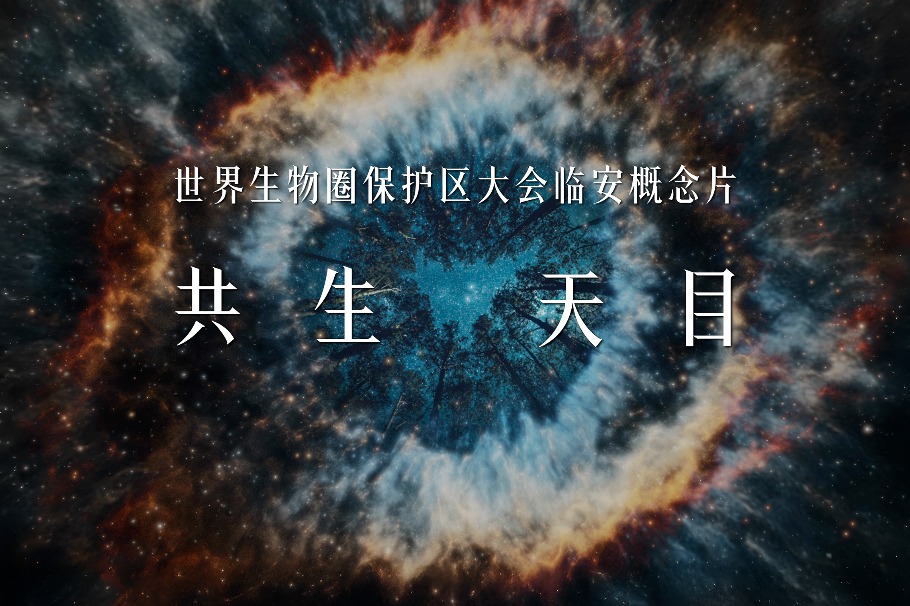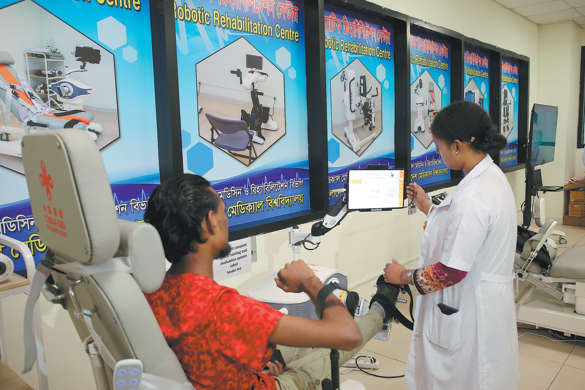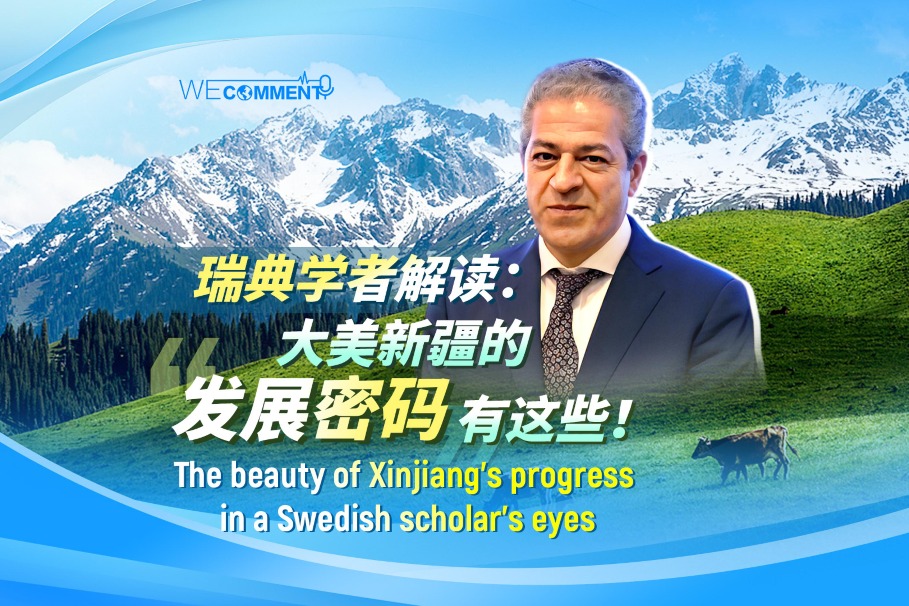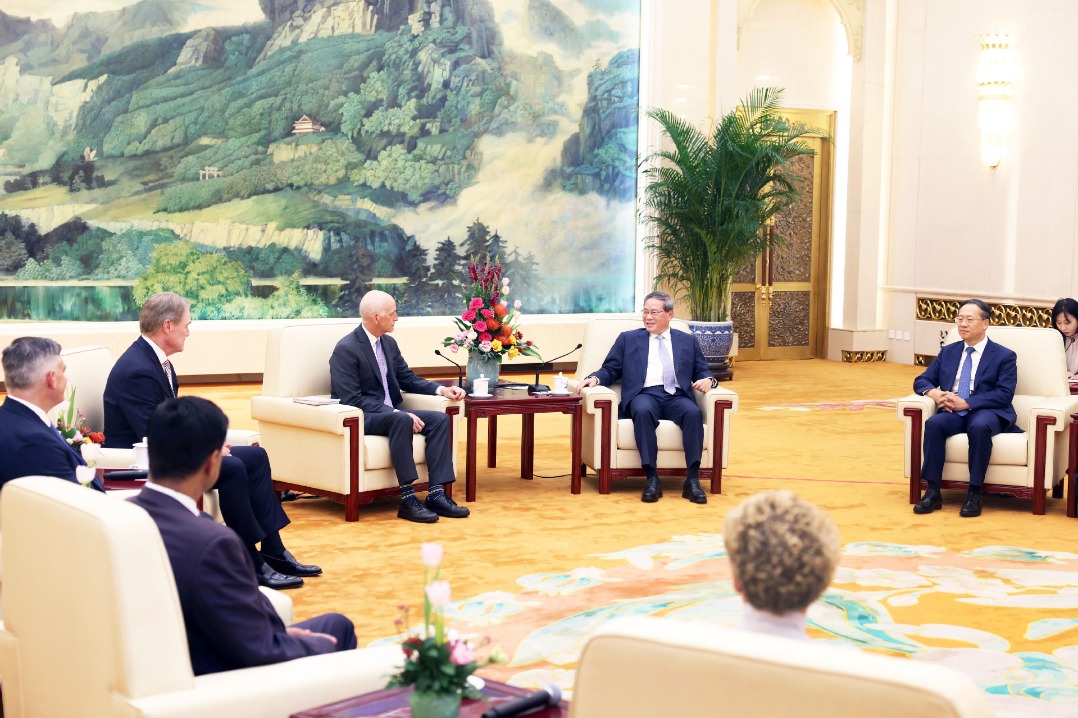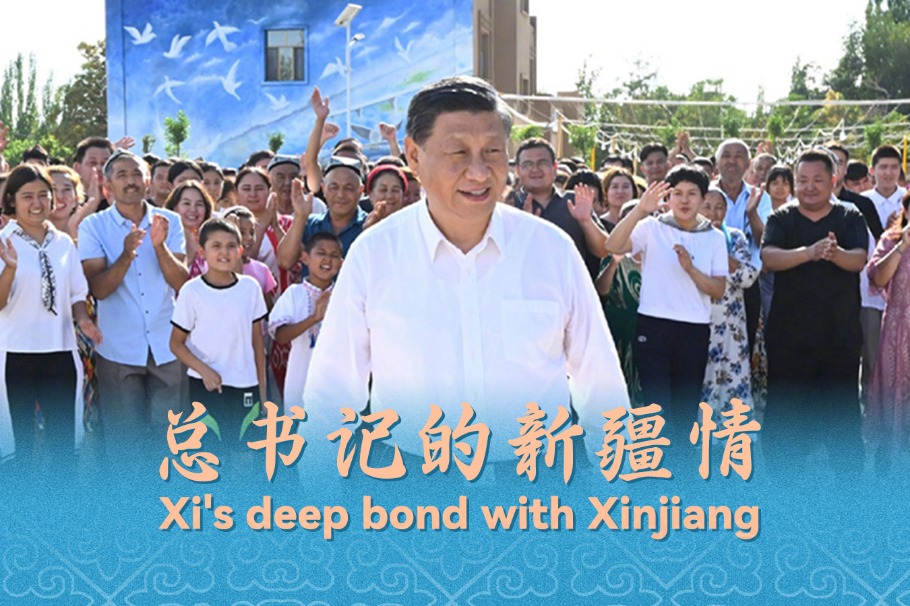Lighthouse factories push Made in China into new development stage
By MA SI | China Daily | Updated: 2023-05-10 09:20
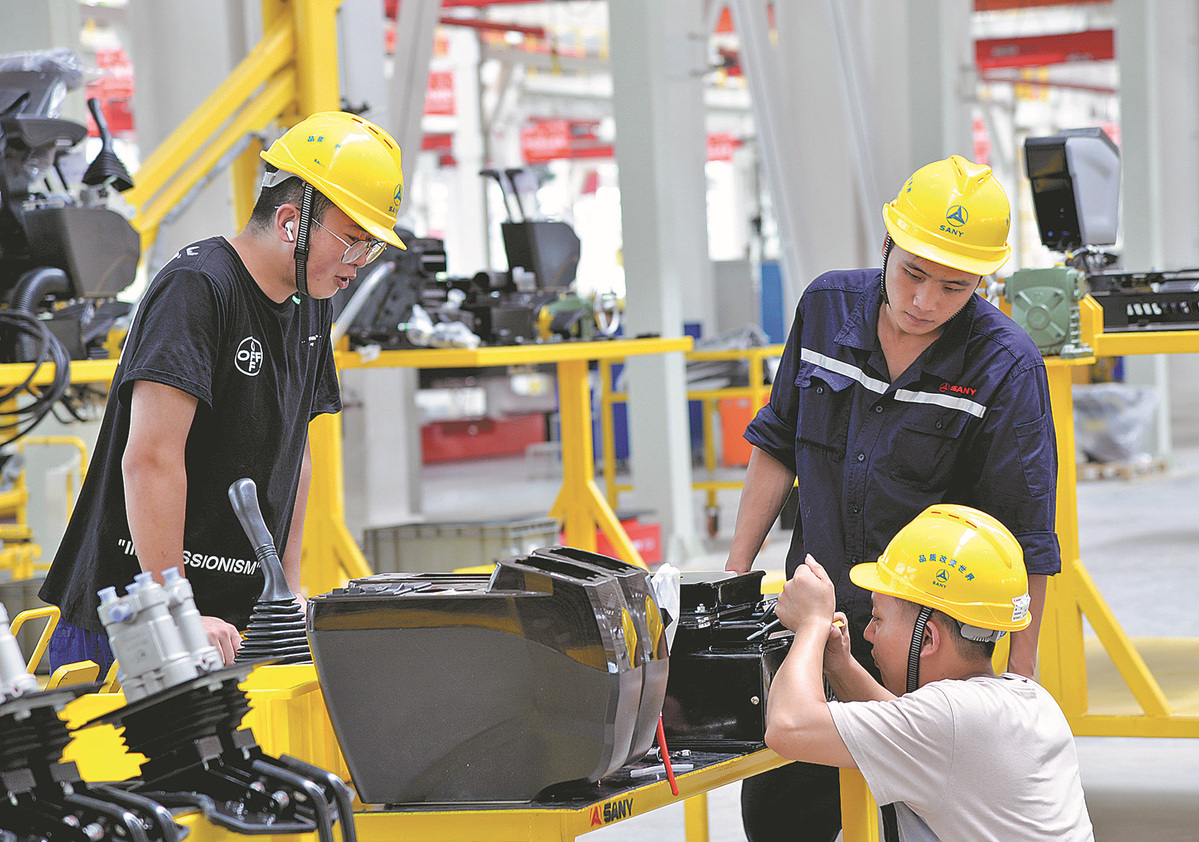
Liu Wenrui, vice-president of BOE and general manager of the BOE Fuzhou factory, said they have adopted digital technologies and advanced analytics in a fully automated production system, with production costs reduced by 34 percent and output up by 33 percent.
Midea Group Co Ltd, a Chinese home appliances giant, has five lighthouse factories, covering smart home appliances such as refrigerators, washing machines and microwave ovens, which showcase its strength in advanced manufacturing.
British consumer goods company Unilever Plc also has a lighthouse factory in Taicang of East China's Jiangsu province. With a designed daily output of 9 million servings of ice cream, the factory represents Unilever's long-term commitment to the China market by better satisfying Chinese consumers' demands with digital and intelligent technologies, said Xu Yucong, North Asia general manager of Unilever ice cream.
"The 100-million-euro ($109.7 million) factory is the largest investment Unilever has made in the past decade in China, which makes our production intelligent and digitalized," Xu said.
The factory can shorten the period for new product innovation from 12 months to three and enhance the accuracy and efficiency of product demand prediction. It is also more agile than conventional ones, "allowing us to better keep up with the fast-paced consumer demand in China," Xu said.
For example, the factory can produce a maximum of 9 million servings of Wall's ice cream, including Magnum and Cornetto, on a daily basis.
US snack manufacturer Mondelez International Inc also has a plant in Suzhou, Jiangsu province, which joined the Global Lighthouse Network and became the world's first lighthouse factory in the global biscuit and snack industry in late January.
Joost Vlaanderen, president of Mondelez Greater China, said, "With China entering a new era of green and innovation-led growth, the country will continue to open up for foreign investments and provide a more favorable business environment."
Jin Zhuanglong, minister of industry and information technology, said China will make more efforts to speed up the transformation and upgrading of traditional industries, which play a vital role in building a modern industrial system, and move the manufacturing sector toward higher-end, smarter and greener production.
"The industrial economy is the field with the most innovative activities, the most abundant results in innovation and the strongest spillover effect in innovation," said Jin.
Statistics show that the industrial economy accounts for less than 20 percent of the US GDP, but 70 percent of US innovation activities are directly or indirectly dependent on its industrial economy, he said.
Amid increasingly fierce international competition, it is necessary to build a modern industrial system and improve the resilience and security of China's industrial and supply chains, Jin added.
Denis Depoux, global managing director of consultancy Roland Berger, said, "China has and will keep a very central role in the global supply chain."
"The quality and depths of China's industrial clusters, the flexibility and the ability to quickly put a lot of people to work, and to launch a new product in consumer electronics are all impressive and cannot be replaced very easily," Depoux said.
According to Depoux, China's industrial and supply chains have improved significantly, as domestic and foreign companies invested heavily in modernizing their local production systems.
China ranks first globally in terms of output for more than 40 percent of the world's 500 major industrial products, said the Ministry of Industry and Information Technology.
Moreover, about 570 Chinese industrial companies are among the world's top 2,500 in terms of research and development investment, boosting their ability to support supply chains, the ministry said.
The high-quality development of China's manufacturing sector has entered a fast lane, buoyed by digital technologies like cloud computing, big data, the IoT and blockchain, said Zhou Yunjie, chairman and CEO of Chinese home appliance giant Haier Group, which has six lighthouse factories to date.
Liu Wenqiang, deputy head of the China Center for Information Industry Development in Beijing, said, "As China strengthens its R&D prowess, it will continue to move up the industrial value chain, which will further increase its appeal in high-end manufacturing."





